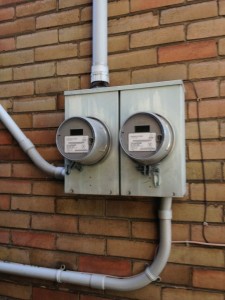Buying a home is an exciting and sometimes can be a nerve racking experience whether you are a first time home buyer or have owned multiple homes in the past. Getting excited about how to furnish the new home, fixing a few items, putting on a fresh coat of paint, addressing issues that came up in the inspection is part of the process. There are many costs to consider during the home buying process and they do add up.
Here is a list of costs to budget for at closing above and beyond the downpayment
Toronto & Ontario Land Transfer Tax
Two land transfer taxes are paid if one is buying in Toronto (Ontario & Toronto land transfer taxes). First time home buyers can be eligible for up to $2,000 credit from Ontario and $3,725 from the City of Toronto.
Download Closing Costs Calculator
Legal Fees, Disbursements and Title Insurance
It is prudent to budget for $1,300 for legal fees and $300 for title insurance. HST is added to the legal fees.
Property Appraisal
If the mortgage is insured (less than 20% downpayment), the appraisal is covered by insurer (CMHC, Genworth or Canada Guaranty). In cases such as private sales, regardless of the downpayment, an appraisal will always be required. The cost of an appraisal is between $250 to $350 plus HST.
Other Costs
Once the home owner takes possession of the property, other costs to take into account are: moving costs, repairs, furnishings, utility setup and deposit fees. The repairs cost will vary depending on the condition of the home whether it is a fixer-upper or requires minor touch ups.
Download 4 Things You Must Do Before Buying A Home E-Book
Got a mortgage question? Contact Nawar




